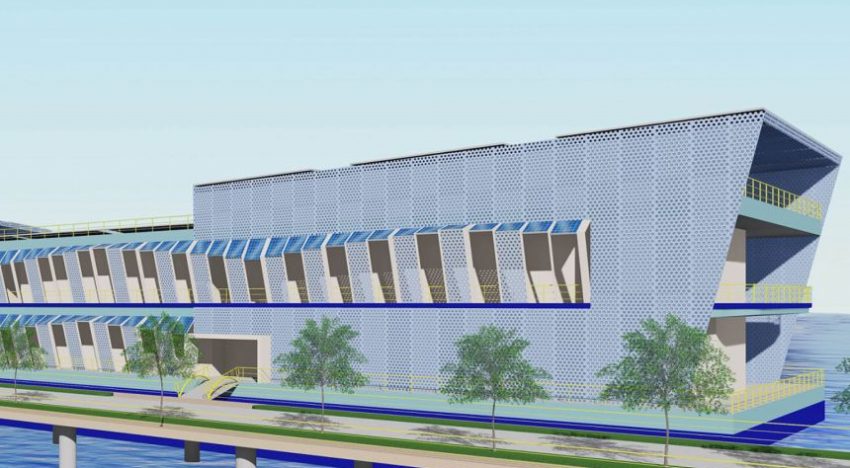Keppel Data Centers has signed a MOU (memorandum of understanding) with multiple parties to jointly explore the development of a supply infrastructure for importing liquefied hydrogen (LH2) into Singapore to power its data centers in the country.
The MoU was signed with Kawasaki Heavy Industries, Ltd. (Kawasaki), Linde Gas Singapore Pte Ltd (Linde), Mitsui O.S.K. Lines, Ltd (MOL) and Vopak LNG Holding B.V (Vopak LNG).
The five industry partners will jointly study the technical and commercial viability of an LH2 supply chain, including the feasibility of a production and liquefaction plant, along with an export terminal at the exporting country, transportation via ocean-going tankers, and an import terminal, storage units and regasification facilities in Singapore.
The study is expected to continue till the end of 2021, when the next phase of this collaboration will be decided.
“We are actively tapping the capabilities of the Keppel Group as well as working with industry partners to explore a range of green solutions such as hydrogen, floating data centers and CCUS (carbon capture, utilization and sequestration) technologies. With this MoU, we take another step in our journey to use sustainable energy sources for power generation,” said Wong Wai Meng, CEO of Keppel Data Centers.
This is hardly Keppel Data Centre’s first foray into hydrogen. Last year, Keppel Data Centers and Mitsubishi Heavy Industries Asia Pacific inked an MoU to jointly explore the implementation of a hydrogen-powered plant concept for data centers in Singapore.
Earlier this year, Keppel Data Centers also partnered with US science and engineering firm KBR to assess scenarios for supplying data centers in Singapore with hydrogen-based energy sources.
Hydrogen as an energy source can potentially be more environmentally friendly as the combustion of hydrogen releases energy without producing greenhouse gas emissions. This presumes it is produced using renewable energy sources, however, which is a resource that land-scarce Singapore is severely limited in.
The capability to produce, ship and import LH2 would make it possible to ship in LH2 produced using renewable energy from large-scale solar and wind farms outside Singapore – offering a practical route to decarbonize data centers.




